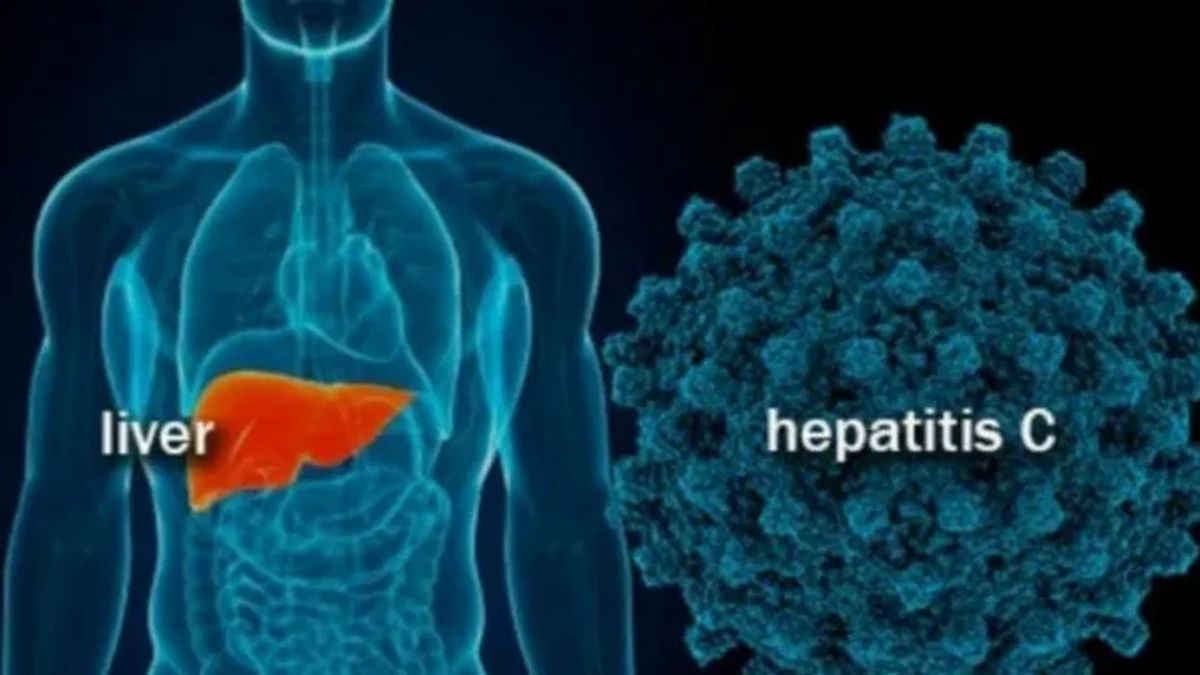JAKARTA - The Ministry of Health (Kemenkes) mentions fever and nausea are symptoms of the mysterious acute hepatitis disease that is most commonly found in children in Indonesia.
“Our clinical picture (in Indonesia) is fever. If abroad (in England) it is jaundice. So if we look at our symptoms here, we have fever, nausea, vomiting," said Secretary of the Directorate General of Health at the Ministry of Health, Siti Nadia Tarmizi, quoted by Antara, Friday, July 1.
Based on data from the Ministry of Health as of June 23, 2022 until 16.00 WIB, the cumulative total of suspected cases of acute hepatitis reported was 70 cases from 21 provinces throughout Indonesia. With details, 16 probable cases, 14 pending cases and 40 discarded cases.
Nadia said the symptoms in a number of mysterious acute hepatitis patients that were most commonly found were fever (76.7 percent), nausea (66.7 percent), vomiting (66.7 percent), jaundice (66.7 percent) and missing. appetite (50 percent).
These symptoms are different from the symptoms that occur in foreign countries such as the UK. In the UK, the most common symptoms were jaundice (66.8 per cent), vomiting (57.6 per cent), lethargy (48.6 per cent), diarrhea (43.1 per cent) and pale stools (42, per cent). 7 percent).
"While in us there is only one positive for Adenovirus based on the rectal swab PCR examination," said Nadia.
In order to prevent cases of mysterious acute hepatitis in children from turning into epidemics, Nadia said the Ministry of Health together with all relevant parties such as the Indonesian Pediatrician Association (IDAI) continued to promote socialization related to the disease through Educational Information Communication (KIE), such as symptoms, case handling procedures and facilities. health services and laboratories that serve as referral services in the regions.
"There are two that we are campaigning for, namely the gastrointestinal tract and the respiratory tract. Now we encourage that if there is a fever accompanied by early symptoms, namely nausea, vomiting, diarrhea and abdominal pain, it is immediately taken to a hospital or health care facility to determine whether this is acute hepatitis or something else," he said.
The Ministry of Health together with the CDC and the British government also continues to establish communication to follow developments in the handling of hepatitis cases, both related to primary examinations or increasing vigilance.
Nadia added that detection through Epidemiological Investigation (PE) will also be carried out to observe cases with yellow symptoms that have the potential to become mysterious acute hepatitis.
"It remains a vigilance from the community as well as vigilance from the puskesmas, which then if there are reports of yellow cases being treated at the hospital or coming to the puskesmas, the PE will be carried out," he said.
Nadia also emphasized that human-to-human transmission has yet to be confirmed because of all the patients being monitored, none of the family or other people who had close contact experienced the same symptoms as the patient.
"Of all these probable cases, if we do PE before the person concerned is sick or after the person concerned is sick, there are no other positive families," said Nadia, who also serves as a spokesperson for the Ministry of Health's COVID-19 vaccination.
The English, Chinese, Japanese, Arabic, and French versions are automatically generated by the AI. So there may still be inaccuracies in translating, please always see Indonesian as our main language. (system supported by DigitalSiber.id)













